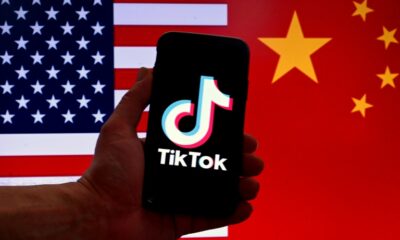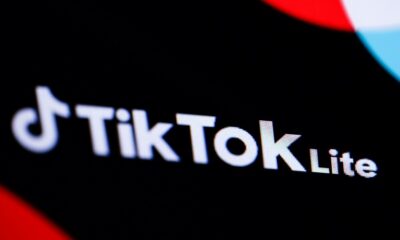Meta is being accused of endangering lives by blocking news links in Canada at a crucial moment, when thousands have fled their homes and are desperate for wildfire updates that once would have been shared widely on Facebook.
The situation “is dangerous,” said Kelsey Worth, 35, of one nearly 20,000 residents of Yellowkife and thousands more in small towns ordered to evacuate the Northwest Territories as wildfires advanced.
She described to AFP how “insanely difficult” it has been for herself and other evacuees to find verifiable information about the fires blazing across the near-Arctic territory and other parts of Canada.
“Nobody’s able to know what’s true or not,” she said.
“And when you’re in an emergency situation, time is of the essence,” she said, explaining that many Canadians until now have relied on social media for news.
Meta on August 1 started blocking the distribution of news links and articles on its Facebook and Instagram platforms in response to a recent law requiring digital giants to pay publishers for news content.
The company has been in a virtual showdown with Ottawa over the bill passed in June but which only takes effect next year.
Building on similar legislation introduced in Australia, the bill aims to support a struggling Canadian news sector that has seen a flight of advertising dollars and hundreds of publications closed in the last decade.
It requires companies like Meta and Google to make fair commercial deals with Canadian outlets for the news and information — estimated in a report to parliament to be worth Can$330 million (US$250 million) per year — that is shared on their platforms, or face binding arbitration.
But Meta has said the bill is flawed and insisted that news outlets share content on its Facebook and Instagram platforms to attract readers, benefiting them and not the Silicon Valley firm.
– Profits over safety –
Canadian Prime Minister Justin Trudeau this week assailed Meta, telling reporters it was “inconceivable that a company like Facebook is choosing to put corporate profits ahead of (safety)… and keeping Canadians informed about things like wildfires.”
Almost 80 percent of all online advertising revenues in Canada go to Meta and Google, which has expressed its own reservations about the new law.
Ollie Williams, director of Cabin Radio in the far north, called Meta’s move to block news sharing “stupid and dangerous.”
He suggested in an interview with AFP that “Meta could lift the ban temporarily in the interests of preservation of life and suffer no financial penalty because the legislation has not taken effect yet.”
Nicolas Servel, over at Radio Taiga, a French-language station in Yellowknife, noted that some had found ways of circumventing Meta’s block.
They “found other ways to share” information, he said, such as taking screen shots of news articles and sharing them from personal — rather than corporate — social media accounts.
– ‘Life and death’ –
Several large newspapers in Canada such as the Globe and Mail and the Toronto Star have launched campaigns to try to attract readers directly to their sites.
But for many smaller news outlets workarounds have proven challenging as social media platforms have become entrenched.
Public broadcaster CBC in a letter this week pressed Meta to reverse course.
“Time is of the essence,” wrote CBC president Catherine Tait. “I urge you to consider taking the much-needed humanitarian action and immediately lift your ban on vital Canadian news and information to communities dealing with this wildfire emergency.”
As more than 1,000 wildfires burn across Canada, she said, “The need for reliable, trusted, and up-to-date information can literally be the difference between life and death.”
Meta — which did not respond to AFP requests for comment — rejected CBC’s suggestion. Instead it urged Canadians to use the “Safety Check” function on Facebook to let others know if they are safe or not.
Patrick White, a professor at the University of Quebec in Montreal, said Meta has shown itself to be a “bad corporate citizen.”
“It’s a matter of public safety,” he said, adding that he remains optimistic Ottawa will eventually reach a deal with Meta and other digital giants that addresses their concerns.

 Business4 months ago
Business4 months ago
 Business5 months ago
Business5 months ago
 Events3 months ago
Events3 months ago
 People4 months ago
People4 months ago
 Events6 months ago
Events6 months ago
















